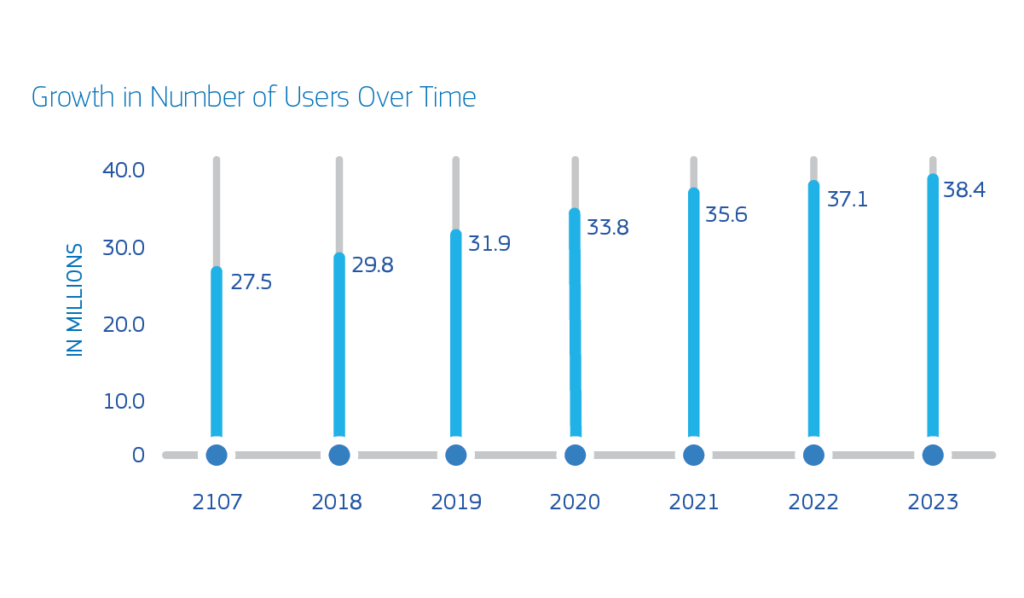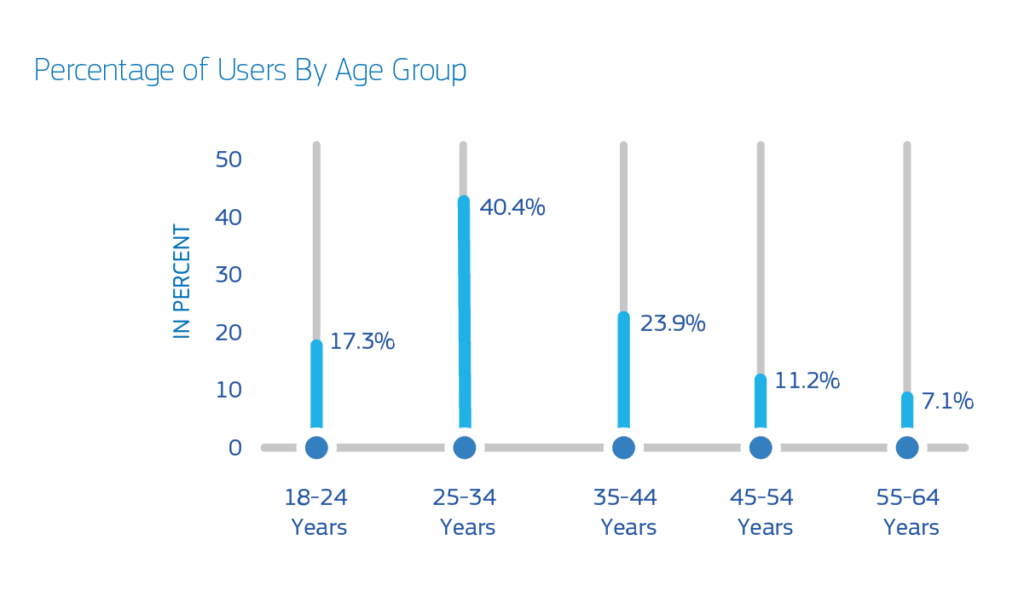Alternative accommodations in the United States continue to profit from their “home away from home” feel with the numbers to prove it.
Travelers crave differentiation on their journeys; something short-term rentals can easily provide by offering more space, amenities, and locations that hotels in the same region are not able to match.
One of the greatest novelties of short-term rentals is their ability to provide an immediate “home away from home” feel with high-speed WiFi, laundry machines, a kitchen, and other daily comforts. Hosts also commonly give welcome amenity gifts like a bottle of locally produced wine or local tips on what to see and do. This can immediately impress guests by creating a strong emotional connection. With a simple online rental marketplace search, travelers can see all of this differentiation in an instant.
After the first stay, short-term rentals are twice as likely to be preferred by travelers over hotels.
While this disruption may be loud, hoteliers have an opportunity to maximize their strengths and create unique appeal to keep this sector from eating into their market share. We outline three areas where hoteliers can learn from short-term rentals when refining their own business strategies.
Build a connection. Deliver on your promise.
Craft your brand story throughout your online presence and build an emotional connection with your guests. Tailor your website to be the central hub where you tell your story and display your staff service expertise, amenity offerings, and selfie-worthy facilities. Focus on implementing elements like visually appealing imagery, modern design, and easy-to-digest information to make a strong impression quickly.
Once guests book with you, send them a pre-arrival message with “insider tips” on what is new and trending in the area to help them plan their experience. Create printable versions of your guides that front desk staff can hand out upon check-in and have an engaging conversation over. Try out new ideas, and don’t be afraid to ask your team members what works for them when they research accommodations.
Remain nimble while you are evolving and adopting new strategies. You will need to stay flexible and pivot mercilessly to meet new trends over time, especially as younger generations begin to travel more.
Engage with buyers on their terms.
Age groups like Millennials and Gen-Z are likely to spend more money on travel, take more trips than other generations, and they are starting to look beyond hotels for the uniqueness they crave. Young people expect personalization because they live in a world that has always customized content to their needs. And they’re the leading demographic sharing their personal stories online.
To attract a younger tech-savvy crowd, create the right appeal over critical social media channels. A majority of young travelers spend two hours or more every day viewing and sharing content, and 79% of them are influenced by travel advice. Leverage content that humanizes your brand and attracts new followers. Become the local market expert that younger travelers look to for delivering their unique experience. Share information about new events in town, restaurant openings, or offbeat local attractions. A highly engaging piece of your content shared between friends at the right time can tip the scale in your favor.
Engage online in different ways, see what sticks, and develop a sustainable plan to evolve over time. Your social media presence needs to stay current so whatever you do, keep posting new content. Younger generations are digesting online content faster than their predecessors are, so you can soon lose relevance if you don’t keep up.
This instant, on-demand appetite also affects their purchasing habits. Social media’s pervasiveness has created a more spontaneous buyer in young travelers. Once a booking decision has been made, 60% of millennials will book instantly on their phones, and 80% of them are heavily influenced by the price you set. If hoteliers unlock new capabilities to react to trending demand data in real-time, then they can offer a highly competitive price that ensures stronger ADR growth.
Know your market. Competitive pricing strategies matter.
The most disruptive capability that alternative accommodations hosts have is their access to market data to drive competitive price offerings on par with hotels. Every rental host that lists on a marketplace like Airbnb or Booking.com receives a wide array of services and business intelligence tools that help them maximize their revenue.
With real-time data, hosts can easily analyze their local market competitive set, occupancy trends, and get guidance on the best changes to make to maximize conversion. Additionally, hosts can make improvements over time through forecasting tools that analyze local trends along with their service scores.
To remain competitive with other short-term rentals, you need the right visibility to keep driving demand to your property. Download our infographic below to get more stats about the landscape of US alternative accommodations, and how our Alternative Accommodations solution empowers hoteliers to keep revenue growing.






